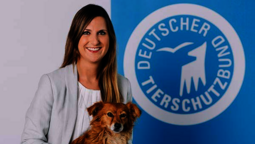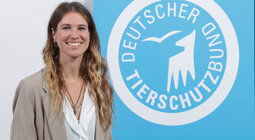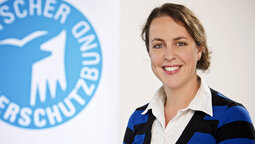The German Animal Welfare Federation and its Schleswig-Holstein regional association are supporting the Schleswig-Holstein cat neutering campaign in spring. Due to the increase in the scale of fees for veterinarians (GOT), the costs for this have risen sharply. Nevertheless, the campaign remains free of charge for animal welfare organizations and those bringing in unneutered street cats in the participating municipalities. The neutering campaign for free-roaming street cats will start on February 20. Unless the funds are used up earlier, the campaign will run until March 20, 2023.
“Like all animal shelters, the animal shelters in Schleswig-Holstein experienced a flood of found cats last year. It is suspected that many pet owners who acquired cats during the coronavirus pandemic did not neuter them and allowed them to roam free or even abandoned them. This allowed outdoor cats from private households to breed with free-roaming cats. It is to be feared that the tendency not to neuter outdoor cats will be spurred on by the new GOT and the associated higher veterinary costs,” says Ellen Kloth, Chairwoman of the Schleswig-Holstein Regional Association of the German Animal Welfare Federation. Thomas Schröder, President of the German Animal Welfare Federation, adds: “Year after year, animal shelters are faced with the great challenge of having to accommodate and care for the many young cats and kittens. The sudden increase in often weak or sick animals means less space, more work and costs as well as great concern for the young cats. Only the spaying and neutering of street cats wherever possible, combined with the consistent neutering of outdoor cats, can lead to lower populations in the long term.”
NEUTERING CATS HAS BECOME MORE EXPENSIVE
The amendment to the GOT of November 22, 2022 will lead to an average cost increase of 20 percent for neutering campaigns. The German Animal Welfare Federation has therefore decided to offset some of these additional costs in the form of a higher subsidy. The federation is contributing a total of 12,500 euros - 2,500 euros more than last year - to the spring castration campaign. Together with its state federation Schleswig-Holstein, which has also increased its subsidy by 500 euros to 7,500 euros, this amounts to a total of 20,000 euros. The Ministry of Agriculture is also increasing its contribution by more than 20 percent from the previous 90,000 euros to 110,000 euros following discussions with the state federation, among others. The State Veterinary Association, on the other hand, has refused to make any financial concessions, even though paragraph 5 of the GOT does allow for a reduction below the basic rate for campaigns to neuter free-roaming cats. This uncompromising attitude is disappointing from the point of view of animal welfare campaigners.
The offer in Schleswig-Holstein is primarily aimed at animal welfare organizations, but also at other people who bring in cats that have been found. In order for the vets to be able to neuter the cats free of charge, the animals must have been caught in one of the participating municipalities. In addition, the person delivering the cat must confirm that it is a free-living animal. After neutering, the cats are marked with a transponder with a microchip and registered with FINDEFIX, the pet register of the German Animal Welfare Federation. They must then be returned to the place where they were caught. Animal welfare organizations continue to feed them at feeding stations.
CAMPAIGNS ARE PROMISING
Since the start of the project in 2014, animal welfare activists have already carried out fourteen campaigns in Schleswig-Holstein together with the state and local authorities. The total number of animals neutered since then is around 25,100. 2,801 cats were neutered in 2022 alone - including 1,610 female and 1,191 male cats. That is 647 more neutered animals than in the previous year.
More information on the campaign, a list of participating municipalities and all documents can be found on the websites of the state government and the Chamber of Veterinarians.
Note to editors: The German Animal Welfare Federation is providing information as part of its campaign “Tierheime helfen. Help animal shelters!” campaign about the suffering of street cats and the importance of neutering: www.tierheime-helfen.de/katzenschutz







